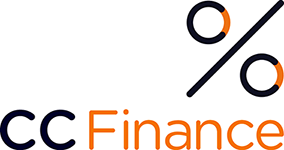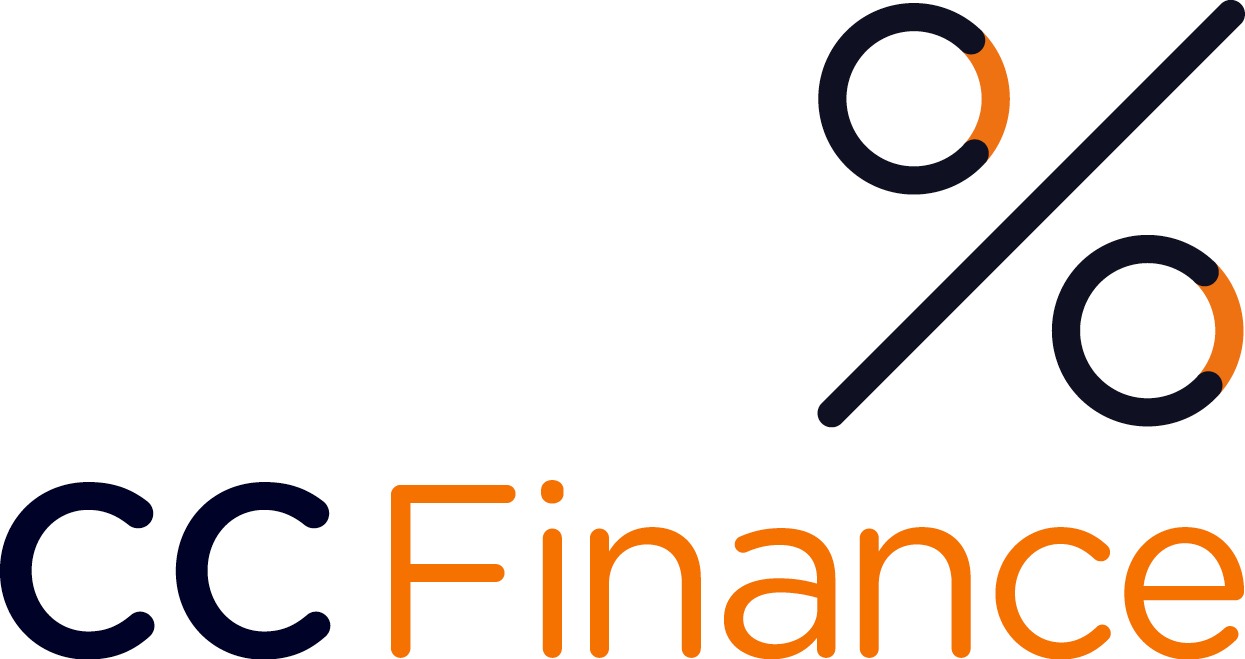Since property development finance in London and the South East is a fragmented space we would like to share where we can help.
In principle, high street lenders accept the majority of SME developers and property investors. However, many property professionals find the funding levels of major banks to be insufficient. As whole-of-market development finance brokers we help open up alternative funding sources.
When To Use Property Development Finance
Though mainly used for ground-up builds some lenders also fund partially completed developments. Specifically, development exit finance arrangements allow developers who have originally self funded but need money to complete their projects. That said, lenders will focus on a good audit trail for the project and all required certification and building regulations to be taken care of.
In general, property development finance covers short and medium term commercial loans to facilitate new builds and major refurbishments. For minor property refurbishments, such as for certain energy performance improvements, and makeovers a
bridging loan will be most suitable.
Commercial and Residential Property
In principle, we can help finance profitable property developments, as well as residential developments built or refurbished for commercial gain. Apart from traditional constructions some of our specialist lenders support
sustainable development schemes, including modular construction types.
If you want to convert a commercial property into residential units under permitted development rights lenders are likely to take an interest. Provided developers can demonstrate demand from tenants or buyers on completion, most property development finance lenders will also support mixed use schemes.
As for commercial-only schemes – whether retail, office or industrial – some lenders are willing to consider applications. To successfully arrange funds, developers prepare an exit strategy, either by pre-selling or pre-letting a significant part of the scheme prior to the development taking place.
When financing larger developments our specialist partner lenders provide funding by phasing the build, lending against each individual development phase.
In terms of security, lenders will often accept the development site, either unencumbered or lowly geared.
100% Development Finance
For experienced developers and if additional collateral security is available, our partner lenders can often provide funding up to 100% of all site purchase, development and finance costs. Acceptable additional security could be commercial or residential investment property, and other development sites. We can also introduce mezzanine loans secured on a 2nd charge to provide additional ‘top up’ funding.
Joint Ventures
Where developers require 100% funding, a joint venture arrangement will be the best option in many cases. In the past years, developer/vendor joint venture arrangements have been growing in popularity. With this type of property finance, a developer teams up with the vendor (site owner) in a joint venture. Whereas the developer brings in the project experience the vendor provides the main asset (site). Usually, the partners set up a Special Purpose Vehicle (SPV). The vendor can often bring the site to the deal either unencumbered or lowly geared. From a lenders perspective, this makes an attractive proposition. However, lenders will always want to see some form of developer input.
The developer and the vendor will need to agree to act as joint borrowers and provide some levels of Personal Guarantees (PG).
Underwriters may also agree to a deferred consideration payment to the vendor on completion of the project: When the vendor sells the site to the developer the vendor agrees for part of the site cost to be deferred and paid for only at conclusion of the project. Few lenders are prepared to consider a 100% deferred consideration payment since the borrower would take no risk. To be precise, most lenders expect a developer/borrower to provide some financial input into the project to demonstrate his commitment. This is often referred to as ‘pain money’.
Although lenders may accept some level of deferred consideration, vendors may need to prepare to only take a second charge of the site, depending on the lender. Consequently, choosing the right lender to suit each borrower’s circumstances is key.
There are also a number of specialist development lenders in the market who look to set up a joint venture with a borrower. They fully fund land acquisition, building costs and professional fees and take an agreed profit share of the project. Effectively, the JV partner takes both a debt and equity position via loans to the project shareholding in an SPV set up for the purpose. The shareholding and profit share will vary, depending on a number of factors. Typically, the developer and lender agree on a 50:50 split.
Before Applying For Finance
To optimize the application process here is a brief checklist of current key underwriting criteria:
- Development projects must have full local authority planning consent; our lenders should be able to provide an Agreement In Principle at pre-planning stage;
- Support your application with good evidence of demand in the local area; if possible get some professional opinion to support proposed Gross Development Value;
- Proposed build costs must be realistic; during initial valuation they need to be verified by a lender or quantity surveyor appointed by the lender;
- Any new built residential schemes must carry some form of warranty; usually a 10-year warranty, for example the National House Building Council (NHBC) or Buildzone warranties;
- Demonstrate a sufficient profit margin on the development to absorb possible future reduction in the anticipated Gross Development Value (GDV);
- Main contractor must be an established and stable firm with a good track record;
- Borrowers should have a good CV and be able to demonstrate sector experience; some lenders accept first time developers though will charge higher rates;
- To take the loan value beyond the lender’s loan limits, and provided you can demonstrate a regular income stream, consider servicing interests throughout the term;
- In most cases, prepare to offer the lender some form of Personal Guarantee (PG), even if limited, as well as a charge over the development;
- If on completion you plan to retain the property consider discussing a long term re-finance option with the lender.
Development Finance Brokers
As whole-of-market development finance brokers our select panel of lenders embraces more than 40 funders, from high street banks and specialist lenders to joint venture funding platforms. This means we cater to wider underwriting criteria than brokers with limited lender relations. For example, some or our partner lenders will consider developers with only minimum industry experience, a slight adverse credit history, borrower contributions from just 10% (or none with JV arrangements) and non-standard constructions.
Since we have access to specialist development finance lenders, our clients are able to obtain loans up to 75% of the estimated LTGDV (Loan To Gross Development Value) and up to 90% LTC (Loan To Cost) under normal circumstances, using stretched senior debt. Usually, agreed loan limits include rolled up interest charges and professional fees.
We also actively seek developments of affordable residential housing schemes where we can introduce joint venture lending partners.
As a guideline, at CC Finance we provide property development and refurbishment loans from £100K upwards.


